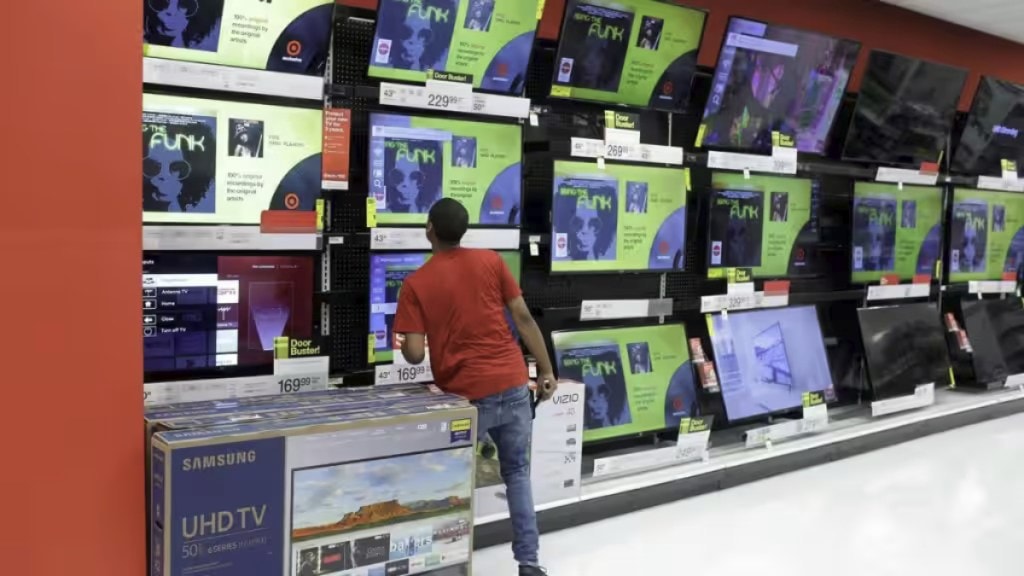By Avneet Singh Marwah
Recent years have seen a tremendous advancement in television technology, with the introduction of new features and capabilities. We may anticipate even more fascinating advancements in TV technology over the following five years, which will improve the viewing experience. There are numerous reasons to be optimistic about the future of televisions, from the development of microLED panels to the incorporation of AI-enhanced picture quality. The top five television technologies to watch out for over the next five years will be discussed in this article.
MicroLED Displays
Although microLED technology has been around for a while, it is still in its infancy. Self-emitting, miniature microLEDs can be coupled to make displays. Higher brightness, a larger colour gamut, and deeper blacks are just a few of the advantages the technology has over current display technologies. Additionally, since each pixel self-emits light, there is no requirement for a backlight, which improves contrast and results in more effective power usage. In the upcoming years, microLED screens will likely become more prevalent. They have the ability to completely transform the television business.
8K Resolution
The debut of 4K resolution was a tremendous advancement in display technology, while 8K resolution marks the beginning of the next phase. An 8K display may offer an extraordinarily clear and detailed image since it has four times as many pixels as a 4K panel. The availability of content is still an issue. Even so, with 8K screens currently on the market, it’s only a matter of time before more 8K content is made available and this technology begins to be used more widely.
Also Read | Evolution of televisions from CRT to LED and QLED and the growth of the sector in India
AI-enhanced Picture Quality
Manufacturers are already incorporating artificial intelligence into televisions to enhance picture quality. In order to improve the viewing experience, AI algorithms can study the information that is being displayed and modify the visual settings. AI, for instance, can modify a scene’s brightness and contrast in real-time, improving the detail in the scene’s dark sections and enhancing the highlights. Additionally, AI can improve upscaling, making lower resolution video appear sharper and more detailed on screens with higher resolutions. More manufacturers are likely to include AI into their televisions in the future, substantially enhancing the picture quality.
Smart Features
Televisions have long included smart features, but these functions are now more sophisticated and integrated. You can browse streaming services, manage your smart home appliances, and even operate your TV with voice commands thanks to smart features. More sophisticated voice assistants will likely be incorporated into televisions over the course of the next five years, making speech control of your TV simpler than ever. More smart device integration is also something we can anticipate, enabling you to control every appliance in your house from your TV.
Foldable Screens
Foldable screens have already appeared in smartphones, and it won’t be long before we start seeing them in televisions as well. Foldable screens provide a number of benefits, one of which is the ability to fit a big screen into a small space. Rollable displays that can be tucked away when not in use are one example of the inventive form factors that may be made with foldable screens. Although foldable screens are still in their infancy as a technology, we may anticipate seeing more of them in the years to come.
In conclusion, new advancements in television technology will occur during the next five years. There are numerous reasons to be optimistic about the future of televisions, from the development of microLED panels to the incorporation of AI-enhanced picture quality. We may anticipate seeing ever more sophisticated features as technology progresses, which will increase the importance of televisions in our lives.
(The author is CEO, Super Plastronics Pvt Ltd, a Kodak brand licensee. Views expressed are personal.)









